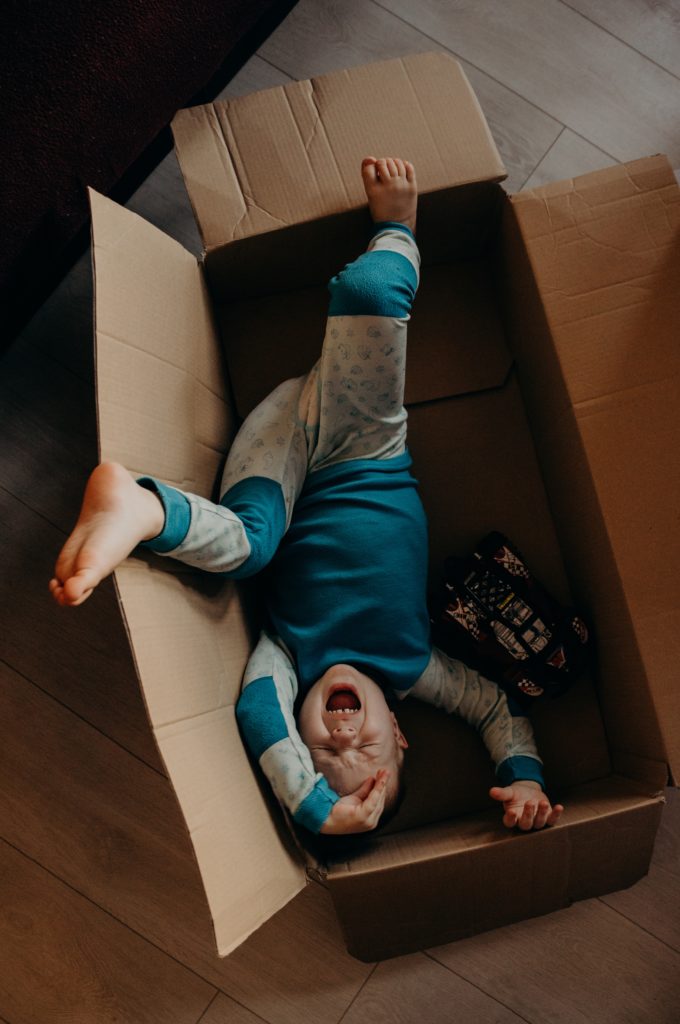How to stay calm when tempers are flaring

“I’m not going to school!” my 6-year-old screamed, running upstairs and slamming her door. The cause of her tantrum? I asked her to clean up her dolls before we left for school.
I was already guilty of yelling that morning, too. Both of my daughters had argued almost continuously since their pre-6 a.m. wake-ups, and my 9-year-old daughter erupted like a volcano because of a forgotten homework assignment. When her cereal went flying (one more thing for me to clean up), I exploded in anger.
Eventually, I managed to settle everyone down and get us all in the car. But on the way to school, an SUV in the next lane abruptly swerved into our lane, its front bumper aimed at me and my older daughter in the seat behind me. I slammed on the brakes and honked, and the driver braked and skidded, stopping less than an inch from us. The entire street of traffic stopped, too, as if an actual accident had taken place.
My 9-year old screamed. Her little sister, strapped in a booster seat next to her, began to wail. I moaned as adrenaline rushed through my body, cramping my muscles and flooding me with nausea. The other driver got out of her car and crouched down in the street, her hands over her face in shock. I sat paralyzed, not injured but overwhelmed by the experience.
It took several minutes for me to snap out of it and restart the car, wave in acknowledgment of the other driver and continue driving.
“Mom, what…”
“I’m sorry. I need a minute.”
When my breathing regulated and my muscles loosened, I tried to alleviate my daughters’ concern and confusion. We began to talk about how accidents happen and how our bodies and brains respond when we’re scared.
As we spoke, it hit me: The adrenaline rush, increased heart rate and upset stomach I felt must be how my children feel when they’re in the midst of a tantrum. And just as I couldn’t respond to them after the near-accident while I was experiencing such intense emotions, they aren’t able to process what I’m saying to them while they’re melting down.

That’s why therapists advise against arguing with or lecturing a child during a meltdown. Tantrums are caused by overload, explains Laura Baker, a clinical psychologist from Fairfax, Virginia, and the mother of two boys. When her sons start to lose it, Baker stops talking. She stays present but doesn’t make any demands. Once they’re ready to talk, she asks them what they need.
“They may not know what they really need, but it’s a way of helping them think,” she says.
We, adults, have these moments, too. Moments where we make impulsive decisions we later regret, decisions fueled by emotions instead of logic.
This is not an easy thing to admit, but yelling is my go-to response when I’m feeling panicked or angry, when adrenaline floods my body like it did that morning on our way to school. It took a huge effort on my part not to scream at the other driver, and even my own daughters, as the stress hormones raced through my body.
My parenting approach changed when I began to view my children’s tantrums as physical responses to big emotions. Even if the tantrums themselves are absurd and abrasive, like the time I wouldn’t let my toddler stick a fork in the electrical outlet, children need to be calm before they can process and learn. And I need to be calm before I respond.
Recently, while my 6-year-old and I were listening to music as we baked cookies, I made a casual comment about the song’s lyrics: “It’s ‘moves like Jagger,’ not ‘moves like a jaguar!’” I wasn’t expecting her to meltdown over something so silly, but my daughter was outraged. When she called me a name and knocked over a chair, I found myself quickly rising to her emotional level.
How dare she treat me this way?
I was ready to yell and send her to her room. Then I remembered that yelling and taking away privileges never actually deescalates an emotional situation or redirects my kids into compliance.
So I took a step back and breathed deeply. There would be time to discuss respect and rules later. Right then, it was my job to help her calm herself. I apologized for raising my voice and knelt down with my arms open. She immediately came over and sunk into me, her small body shaking.
I sang the lyrics her way. She laughed. We talked about funny songs. And after a few minutes, we talked about acceptable behavior when we disagree with others.
A mother-daughter lesson learned.
Written by: Hannah Grieco




